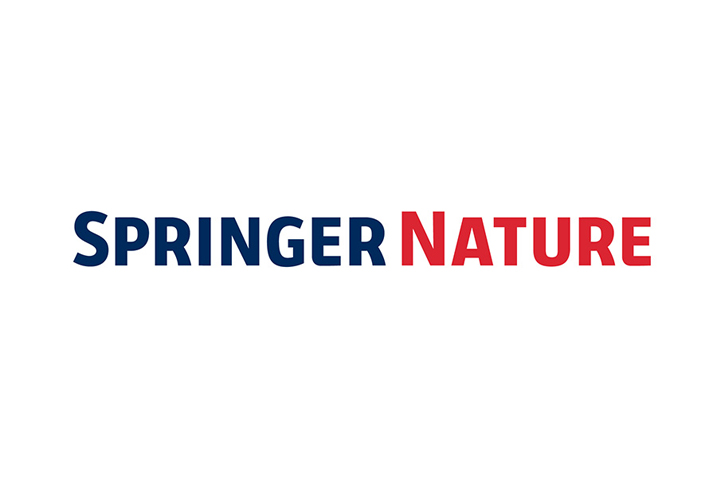
Springer Nature announces the launch of an interactive Related Content service on the SpringerLink platform. The service will make it faster and easier for researchers to discover relevant scientific content and is powered by UNSILO, a Semantic Discovery Engine that captures trending ideas and novel scientific concepts as they emerge. The new interactive Related Content service allows users to filter similar Springer documents by concepts they are interested in. Users can also visually explore documents that describe similar concepts using the new interactive Relationship Map.
“We constantly seek to improve the user experience on SpringerLink”, said Stephen Cornelius, Product Owner IT Platform Development at Springer Nature. “Our goal with this new feature is to make it easy for our users to drill down on what they find important in an article, and use that insight as a departure point for their discovery process.”
The launch of the new interactive Related Content service on SpringerLink marks a milestone in the partnership between Springer Nature and UNSILO. The two teams are currently developing several new features that will increase discoverability across Springer Nature’s product platforms. The new interactive Related Content service has been available for several months on 800,000 recent articles in the Springer Biotechnology collection, and will be rolled out on all SpringerLink articles shortly.
“Because scientific language constantly grows and evolves, it is a difficult and time-consuming job to build and maintain consistent terminology and useful ontologies,” explained Jan-Erik de Boer, Chief Information Officer at Springer Nature. “Using UNSILO’s fully automated content enrichment technology, we can identify the most descriptive concepts and phrases within any document in our content portfolio, and provide more valuable reading suggestions, even across domains with a highly variable terminology.”
Thomas Laursen, Chief Executive Officer at UNSILO, said: “Traditionally, editors manually tag scientific articles using keywords that facilitate topic classification, but these keywords are often too broad to support specialized research. By analysing literature as it is being published, UNSILO can automatically identify the phrases that authors use to describe new findings. Our goal is to help our partners automatically enrich their entire content portfolios, and ultimately to help their users discover new insights. We are proud to be pioneering this effort with Springer Nature, a market leader in scientific publishing.”
Explore the new interactive Related Content service here.



























